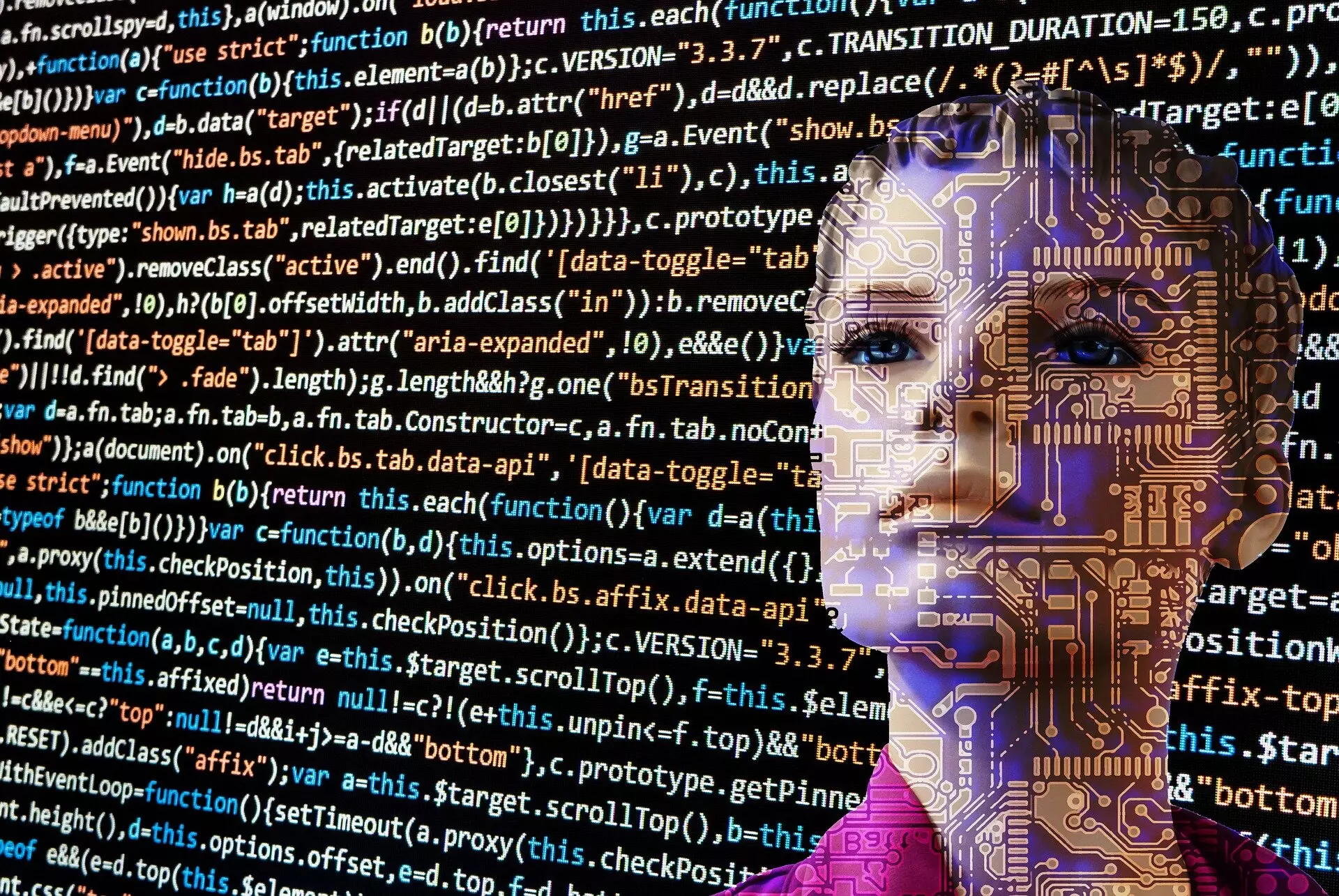Generative AI, unlike traditional AI, has the unique ability to create novel content across various mediums such as text, video, images, and music. This innovative technology is poised to revolutionize society by enhancing human capabilities rather than simply replacing them. While generative AI has the potential to boost productivity and job satisfaction, especially for less-skilled workers, there is a looming concern about unequal access to these technologies. The digital divide could deepen existing inequalities as individuals without the necessary digital infrastructure or skills are left behind. In order for generative AI to truly benefit society, there must be a concerted effort to ensure equitable access and implementation across all sectors.
Generative AI holds great promise in transforming educational settings by providing personalized instruction and support through technologies like chatbot tutors. These tools have the potential to revolutionize teaching methods by addressing individual student needs in real-time. However, it is crucial to carefully implement these technologies to avoid perpetuating biases, whether in the information fed into AI systems or how they are utilized. For instance, studies have shown that there is a gender disparity in technology usage among students, which could have long-term effects on academic achievement and workforce representation.
In the field of healthcare, generative AI has the potential to augment human capacities by assisting practitioners in diagnosis, screening, prognosis, and triage. While the integration of human and AI judgment has shown superior performance in certain cases, there is a need for balanced integration that supplements rather than replaces human decision-making. The risk of incorrect diagnoses and the potential for AI to drive healthcare professionals to make suboptimal choices highlight the importance of cautious implementation and ongoing evaluation of these technologies.
One of the key concerns surrounding generative AI is its role in either exacerbating or reducing the spread of misinformation. While AI has the potential to personalize online content and enhance user experiences, it also poses a significant threat in terms of privacy and data exploitation. The rise of “deepfakes” and the potential for AI to manipulate information for deceptive purposes raise important questions about how these technologies should be regulated and monitored.
As policymakers grapple with the complexities of AI regulation, it is essential to prioritize social equity and consumer protection. In order to mitigate the risks associated with generative AI, regulatory frameworks must be comprehensive, proactive, and flexible enough to adapt to rapid technological advancements. Measures such as equitable tax structures, empowering workers, controlling consumer information, promoting human-complementary AI research, and combating AI-generated misinformation are critical components of a holistic regulatory strategy.
The future of generative AI hinges on our collective ability to navigate the complex interplay between innovation, ethics, and societal impact. As we stand at a critical historical crossroads, the decisions we make today will reverberate across generations. It is incumbent upon all stakeholders, from policymakers to technologists to consumers, to actively engage in shaping the trajectory of AI development. By fostering a culture of responsible innovation and prioritizing ethical considerations, we can steer the course towards a future where generative AI serves as a force for good rather than harm. Each of us has a role to play in harnessing the potential of this groundbreaking technology for the betterment of society. The time to act is now.


Leave a Reply